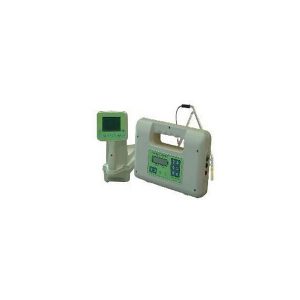
General information about Pipe Locators Cable Locators Underground Utility Locators AD-PD2085A
AD-PD2085A underground pipeline detector can determine the running direction, location and buried depth of various underground metal pipes and cables in a quick and convenient manner without excavation.
This device is widely used in such sections as urban gas, tap water, railway, factories and mines, electricity, communications and municipal construction and geological prospecting, which provides the basis for engineering exploration and pipeline maintenance and repair.
Characteristics:
Multi-frequency transmission, high anti-interference, applicable to detection of complicated pipelines;
Signal application modes: induction mode and direct link mode, applicable to different situations;
Various response modes: twin coil maximum method, single-coil maximum method, minimum method
Various depth investigation methods: direct reading method, 80% method, 70% method, and 50% method;
Large-capacity battery pack: able to work for a long time and rechargeable;
The display is provided with the backlight, able to work in emergency at night;
Indication with left and right arrows, able to locate the pipeline quickly.
- specifications
Technical Parameters of the device:
Receiver:
1. Location accuracy: ±5% of depth
2. Depth investigation accuracy: ±5% of depth (without interference from adjacent pipelines)
3. Current accuracy measured: ±5% of actual current
4. Measuring range of depth: <5 meters
5. Working modes: single horizontal antenna maximum method, double-horizontal antenna maximum method, vertical antenna minimum method
6. Working frequencies: 50Hz, 512Hz, 8K, 33K, and radio
7. Working temperature: -10℃-+55℃
8. Battery: 7.4V
Transmitter:
1. Power output: 0-10W, adjustable
2. Working frequencies: 512Hz, 8K, 33K
3. Working modes: direct link, induction
4. Battery: 12V lithium battery pack
5. Working temperature: -10℃-+55℃
Principles and Methodology:
underground pipeline detector has two working modes: passive mode and active mode. The passive mode is used to search for unknown electrical cables in a region, and the active mode is used to trace and locate the signal from the transmitter.
There’re two modes for applying signals: direct link and induction.
The receiver is provided with three detection modes: single horizontal antenna peak method, double-horizontal antenna peak method and vertical antenna zero method.